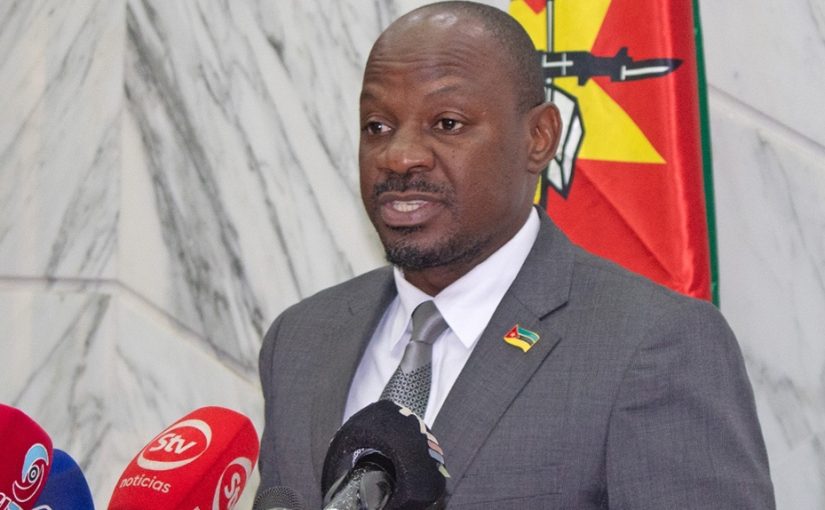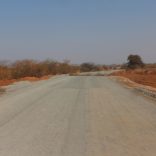Mozambique: Rehabilitation works on N301 see slight delays - Notícias
Mozambique: Government denies cancelling ’13th month’

Photo: O País
The Mozambican government has denied reports that it is cancelling the traditional end-of-year bonus for workers in the public administration.
The bonus is equivalent to an extra month’s payment of the basic wage, and so it has become known as “the 13th month”. Workers have become used to this bonus, which is usually paid at the start of the following year.
But the bonus is not automatic, and whether it is paid, in whole or in part, depends on how much money is available in the public treasury.
Speaking on Tuesday to reporters at a press briefing after a meeting of the Council of Ministers (Cabinet), the government spokesperson and Minister of State Administration, Inocencio Impissa, said he found it strange that stories about cancelling the bonus are circulating, since the government had never discussed the matter.
“We know nothing about this idea of withdrawing the 13th month”, he said. Indeed, it was something that had become enshrined in the pubic administration norms.
Although the source for the story was the National Union of the Public Service, Impissa said he had received no complaint from any trade union about the supposed withdrawal of the bonus.
“It would be strange for the government to withdraw the 13th month without taking the matter to the Council of Ministers or to the Assembly of the Republic (the Mozambican parliament)”, said Impissa.
The bonus is covered by Mozambican legislation, he added, but it is “a conditional right”. That meant that paying the bonus depended on the state of the economy.
“If the Mozambican economy is not producing enough, and there are no reserves, it would be complicated to guarantee payment of the 13th month”, he said.
But if all sectors of activity are operating normally, and the economy is producing, then payment of the bonus would be guaranteed, assured Impissa.
He recalled that in recent years it had been impossible to pay the full bonus to all public administration workers. In January 2025, the government guaranteed payment of only 50 per cent of the bonus.
Impissa also expressed the government’s dissatisfaction at the way in which the French oil and gas company TotalEnergies had announced the lifting of the declaration of force majeure that it had imposed on its operations in the northern Mozambican province of Cabo Delgado in April 2021.
The company informed the Mozambican government of its decision through a letter sent to President Daniel Chapo. Impissa seemed angered that this letter had been leaked to the press and public.
“Many of us were informed by a letter that is circulating on social media. The first thing we do is reject this format. The most appropriate format is to talk within the channels duly established for this purpose”, he said.
“If the letter were addressed to President Chapo, it should have been sealed and followed the proper protocols”, he added.
Impissa believes that if TotalEnergies had lifted the force majeure declaration “as seems to have happened and is being reported, it means that the company understands that appropriate security conditions had been created.”
According to Impissa, “President Chapo, several times, also announced that there were conditions and that he was awaiting a declaration from TotalEnergies regarding the suspension”
“If it is true that TotalEnergies made the decision, when it is presented in an appropriate protocol, the Mozambican government will discuss the surrounding elements.”
He also mentioned the presence in the country of a permanent representative of TotalEnergies, who maintains constant contact with the government, “so, when the government’s position is mature, it will be clear.”
TotalEnergies is the operator of Area One of the Rovuma Basin. It suspended its activities in April 2021 following a major attack by Islamist terrorists against the town of Palma.
This brought to a halt all work on the Mozambique LNG project, under development by a consortium headed by TotalEnergies. The project involves pumping natural gas from the reservoirs in the Rovuma Basin to onshore plants on the Afungi Peninsula, where it will be liquefied.
The LNG will then be sent on board cryogenic vessels to the export markets.












Leave a Reply
Be the First to Comment!
You must be logged in to post a comment.
You must be logged in to post a comment.